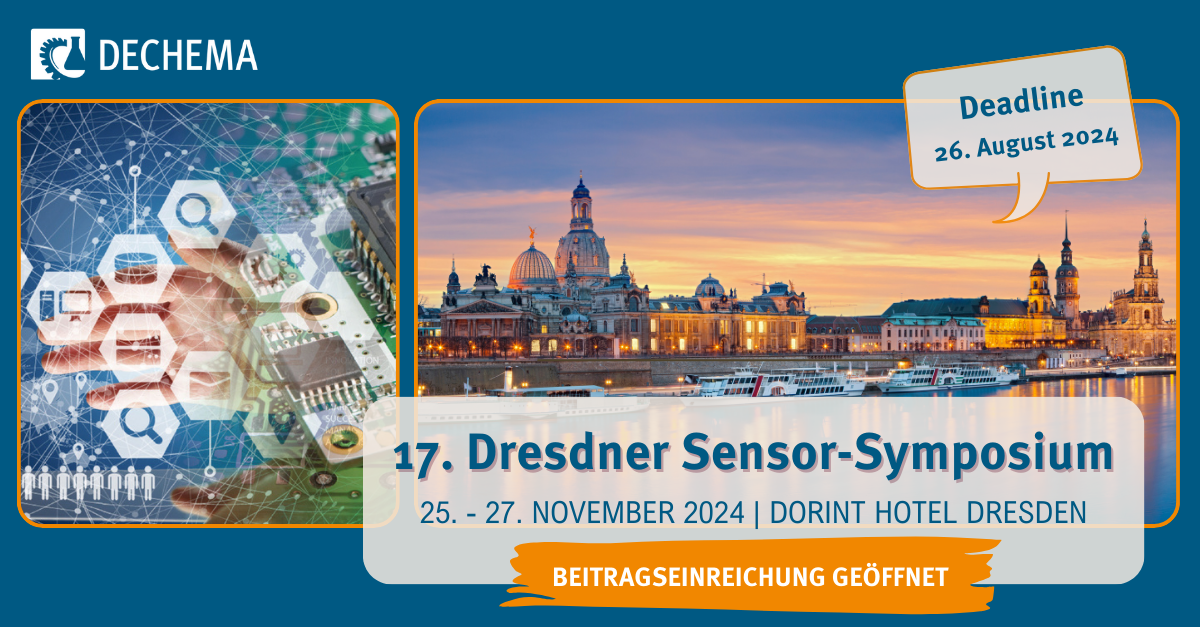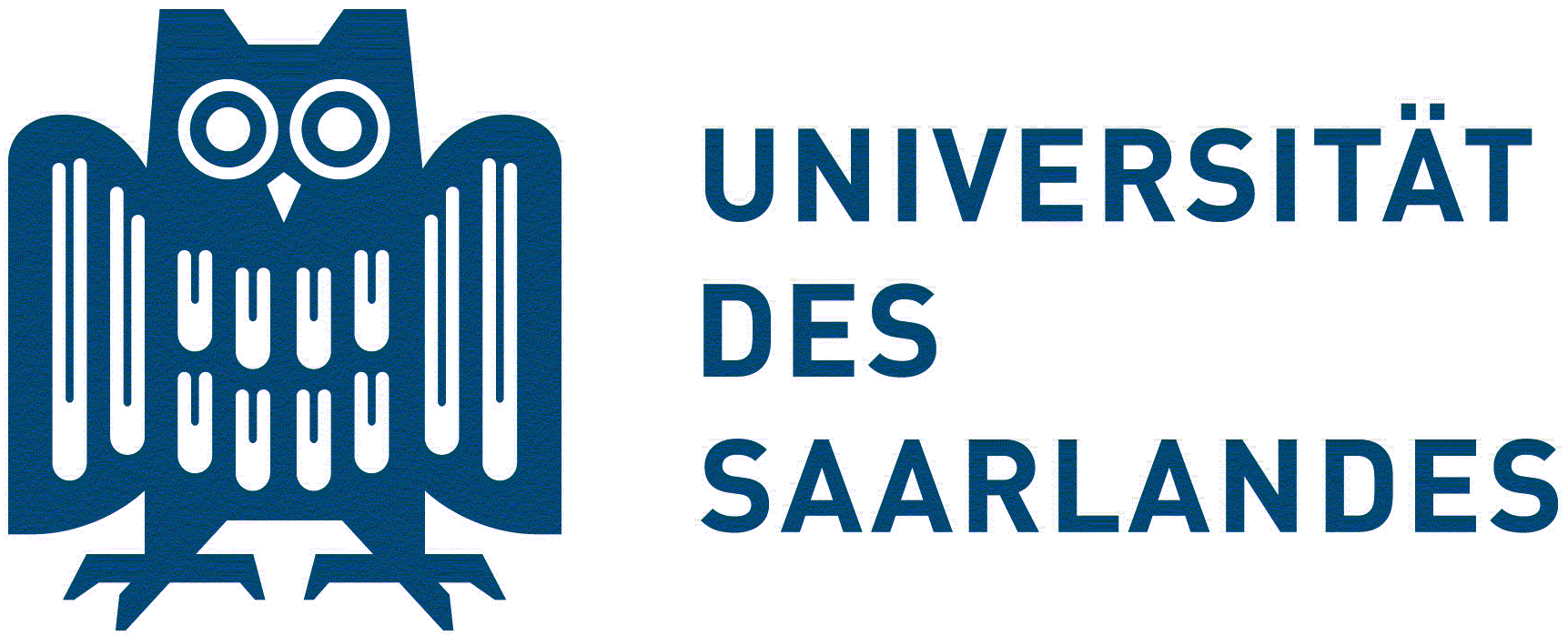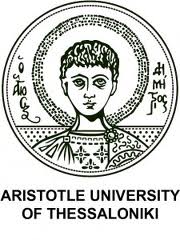International training course:
Networked Environmental Monitoring
– from sensor principles to novel services
in cooperation with Aarhus University, Aristotle University Thessaloniki and AMA Association for Sensors and Measurement.February 21-23, 2017, Copenhagen
Download page - click on headers to download chapter slides.
Flyer with complete program (printer friendly version).
Complete program
Day 1 – Tuesday, Feb. 21, 2017
11:00 optional visit to Air Quality monitoring station at H.C. Andersen’s Boulevard operated by Department of Environmental Science, AU
13:00 Welcome, introduction and goal of the seminar,
O. Hertel, A. Schütze, K. Karatzas
- Environmental monitoring today and tomorrow
- Smart and green cities: how and why?
- Overview and goal of the seminar
13:30 Introduction to air pollution, O. Hertel
- Pollutants: gases and particles
- Atmospheric chemistry
- Health effects and external costs of Air Pollution
- Atmospheric particles – physical and chemical properties, sources and sinks
- Integrated monitoring and assessment
14:30 – 15:00 coffee break
15:00 Air pollution meteorology, O. Hertel
- Turbulence
- Atmospheric Stability
- Mixing height
- Impact on dispersion and transport
16:30 – 17:00 coffee break
17:00 Application example: AQ monitoring around Heathrow airport, R. Jones, U Cambridge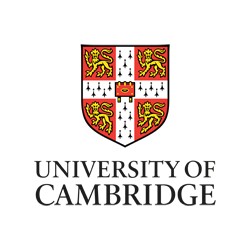
- Background and motivation
- Sensor nodes and installation
- Data processing and in-network calibration
- Results and lessons learned
- Presentations (EuNetAir meeting Rome, Dec. 2012; EuNetAir meeting Istanbul Dec. 2014)
End approx. 18:00
19:00 dinner and get-together: Restaurant Nimb (in amusement park Tivoli)
Day 2 – Wednesday, Feb. 22, 2017
9:00 Gas sensor function principles, A. Schütze
- IR absorption
- Electrochemical cells
- Semiconductor gas sensors (metal oxide and conducting polymer sensors)
- Field effect devices
- Mass sensitive devices (bulk and surface acoustic wave)
- Examples from nanotechnology and materials development
10:00 Gas sensor characterization and calibration, A. Schütze
- The 3S: Sensitivity, Selectivity and Stability
- Influence of ambient conditions
- Sensor drift, aging and poisoning
- Gas mixing systems and field calibration
10:30 – 11:00 coffee break
11:00 Microsensor developments for particulate matter, A. Massling, ENVS, AU
- Physical parameters of particulate matter with health relevance (Particle number, Ultrafine Particle number, Particle Mass, Particle surface area)
- Current knowledge on health relevance of these parameters
- Newest developments of miniature versions of particle sensors
- Expected future needs and importance of such developments
12:00 Sensor network deployment, A. Schütze
- Fixed monitoring stations
- Mobile monitoring stations (on trams, buses, cars)
- Personal mobile monitoring systems
- Sensors on drones
Lunch break (approx. 12.30 – 13.30)
13:30 Multi-sensor systems (aka „electronic noses“), A. Schütze
- Motivation for multi-sensor systems
- Basic concepts and typical solutions
- Advantages and drawbacks of multi-sensor systems
- „Virtual multi-sensors“: obtaining multi-dimensional data from a single sensor element
- Multi-sensor signal processing and data fusion
- Application examples: quantitative ozone measurement, odour assessment
15:00 – 15:30 coffee break
15:30 Application example: Outdoor odour nuisance monitoring, W. Reimringer, 3S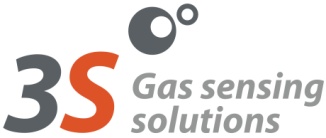
- Background and motivation
- Sensor nodes
- Sensor installation
- Citizen network as odour reference
- Results and lessons learned
16:15 Gas sensors in your smartphone: potential applications, A. Schütze, K. Karatzas
- Gas sensor technologies for integration in smartphones
- Breath alcohol monitoring
- Indoor Air Quality (tVOC)
- Personal fire alarm
- Further application potential and service deployment
18:30 – 21:00 finger food dinner and hands-on examples for low-cost sensor platforms
Dinner speech: Infrastructure for successful AQ networks: R&D requirements in the next 5 years, J. Saffell, AlphaSense
Day 3 – Thursday, Feb. 23, 2017
9:00 Air pollution modelling, O. Hertel, K. Karatzas
- Plume models, urban scale and CFD
- Street pollution modelling and human exposure assessment
- Hot spots, indoor and outdoor exposure patterns
- Examples of refined AQ level estimation based on data fusion and AQ modelling
- Regional scale to long-range transport air pollution modelling – processes, methodologies, examples
10:15 – 10:45 coffee break
10:45 Data‐oriented analysis and modelling for air quality control, K. Karatzas
- Introduction to data analysis (descriptive statistics, trend analysis)
- Multivariate correlation analysis
- Periodicity identification based on FFT
- Computational intelligence methods (Artificial Neural Networks for modelling, Self Organizing Maps for data investigations and profiling)
- Examples of sensor data analysis (the Aveiro experiment, mobile phone sensor data analysis)
11:30 From AQ data to personalized Quality of Life information services, K. Karatzas
- Using low-cost monitoring networks for personalized information
- Design principles of EI services for mobile devices
- Examples for Quality-of-Life services: green routes through cities
- Synergies with personal health monitoring sensors
- The business perspective
12:30 – 13:00 coffee break
13:00 Application example: CPH sense: sensing for smart cities, V. Venkatraman, Leapcraft
- Air quality and its impact on both health and quality of life
- AQ services for both governmental and private stakeholders
- Fully managed IOT cloud service in real time
- Focus: extract insights, provide real-time alerts, recognise patters
13:45 Wrap-up and final remarks
- Future trends
- Next steps
14:00 end of the seminar
Download: Additional material
- selected publications
- data sheets
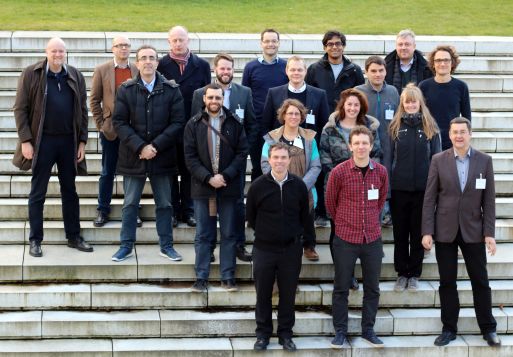
Scientific instructors
|
Environmental monitoring:
|
Smart sensor systems:
|
Data modelling & services:
|



